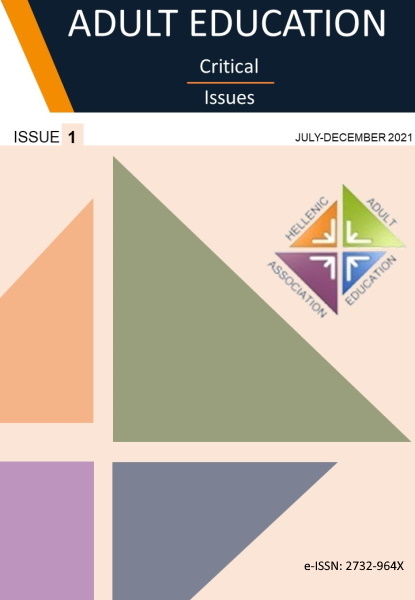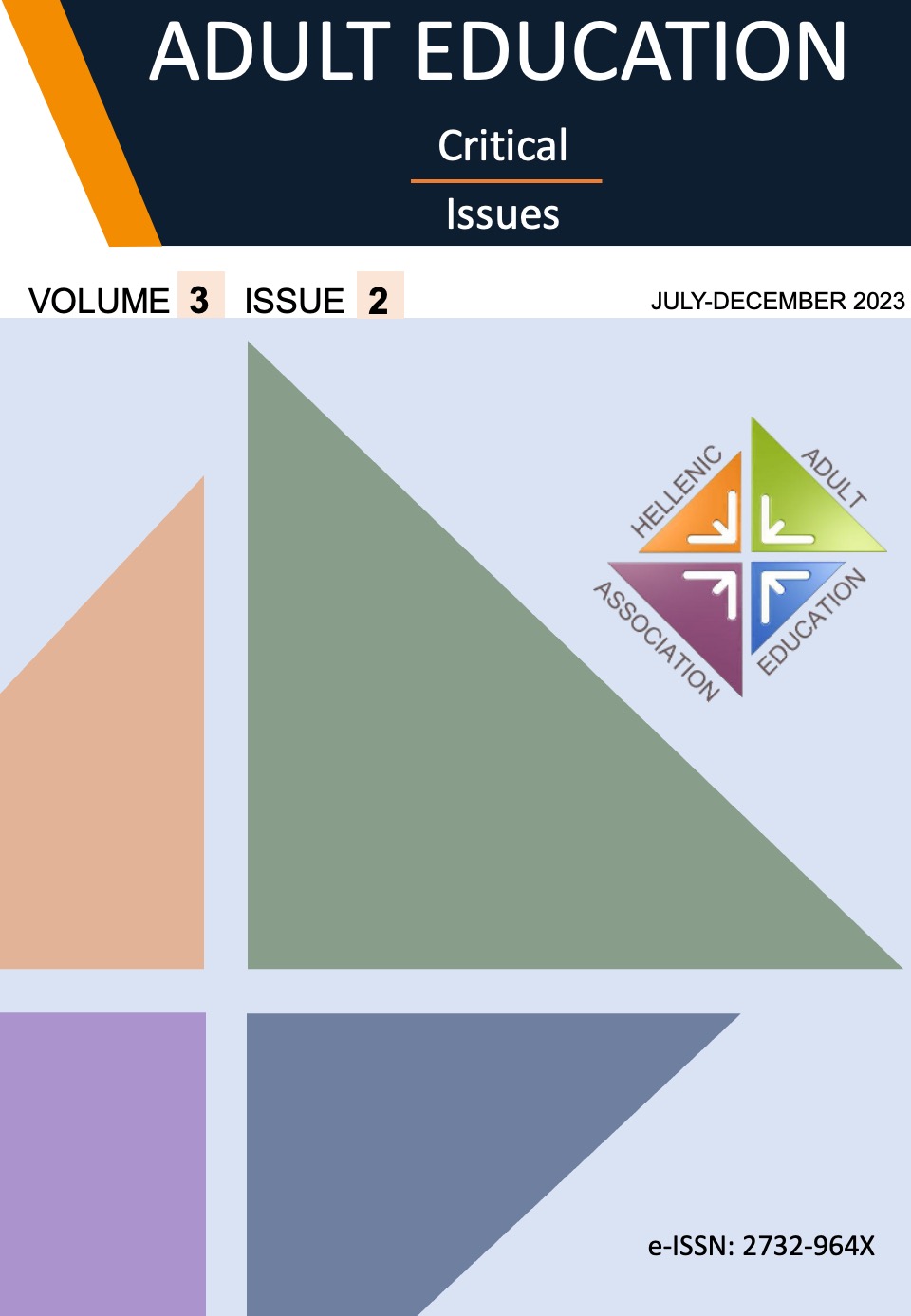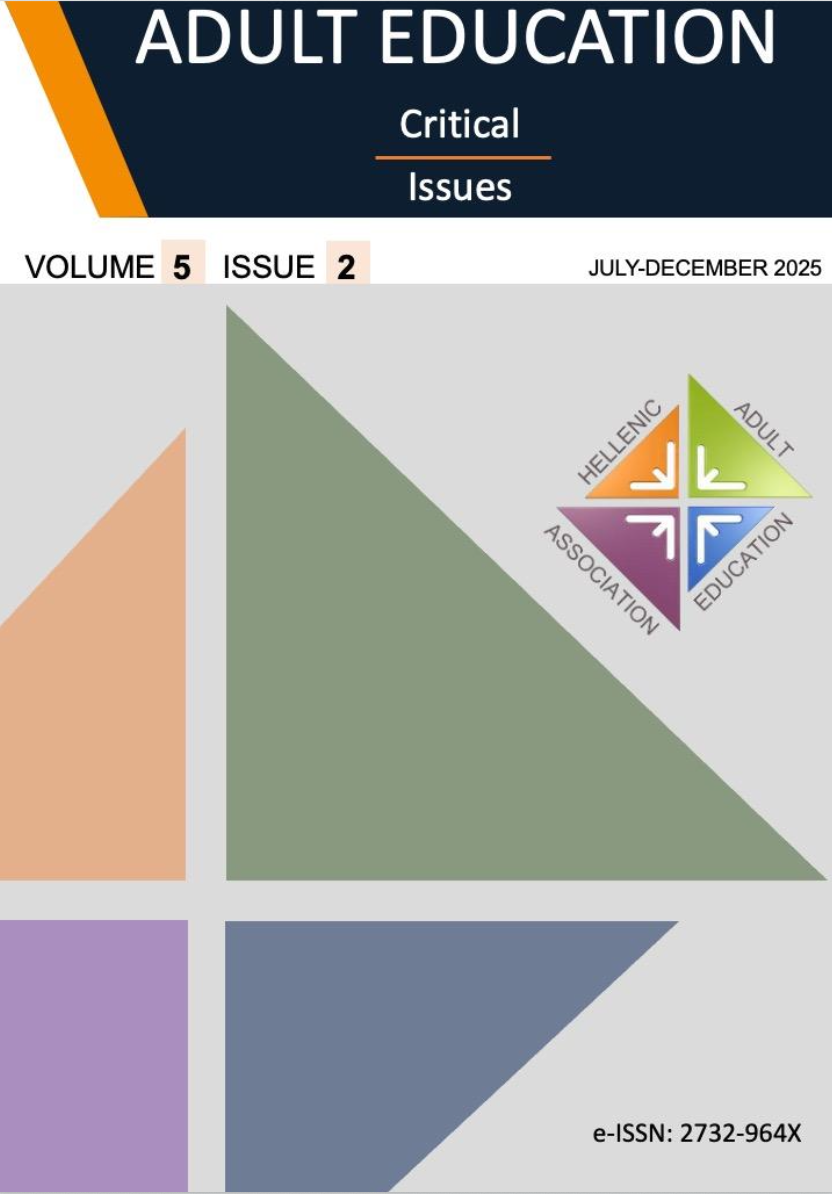Vocational education and training in the field of social economy: A comparative analysis between five EU countries

Abstract
This article is a combination of policy and research as, based on primary data, it develops the situation of Vocational Education and Training (VET) for Social Solidarity Economy (SSE) and explores the relevant educational programmes as a basic support mechanism of SSE in the EU. Moreover, this article shows that the connection between adult education and SSE is not accidental, but is based on converging principles of these two fields, and especially on their common mission regarding society transformation. The empirical data of the research comes from five countries (France, Greece, Italy, Croatia and the Czech Republic) which participate in an Erasmus+ programme coordinated by INE GSEE. This policy text comes to fill a gap in the literature of European SSE, given its limited exploration in general, and in particular in relation to VET. The importance of this article is even greater in view of the ongoing socio-economic crises (e.g. financial, health, environmental crisis), which highlight the fact that the SSE prospects can no longer be absent from the political agenda.
Article Details
- How to Cite
-
Apostolopoulos, N., Goulas, C., Koukouris, A., & Papageorgiou, I. (2021). Vocational education and training in the field of social economy: A comparative analysis between five EU countries. Adult Education Critical Issues, 1(1), 41–54. https://doi.org/10.12681/aeci.28798
- Section
- Articles

This work is licensed under a Creative Commons Attribution 4.0 International License.
Authors who publish with this journal agree to the following terms:
- Authors retain copyright and grant the journal right of first publication with the work simultaneously licensed under a Creative Commons Attribution License that allows others to share the work with an acknowledgement of the work's authorship and initial publication in this journal.
- Authors are able to enter into separate, additional contractual arrangements for the non-exclusive distribution of the journal's published version of the work (e.g., post it to an institutional repository or publish it in a book), with an acknowledgement of its initial publication in this journal.
- Authors are permitted and encouraged to post their work online (e.g., in institutional repositories or on their website) prior to and during the submission process, as it can lead to productive exchanges, as well as earlier and greater citation of published work (See The Effect of Open Access).




